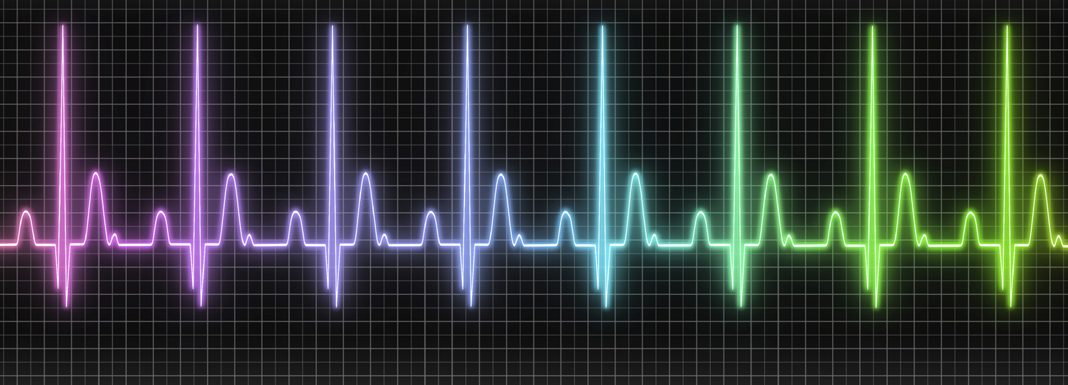A respected group of researchers found that after a patient had a heart attack, taking one pill containing three heart drugs was more effective than taking similar prescribed drugs in separate pills during three years of follow-up (New Engl J of Med, August 26, 2022). The combined pill was more effective in preventing:
• death from heart disease
• another heart attack
• strokes
• urgent surgery to replace heart blood vessels
These results seem surprising because the combination pill did not lower blood pressure or blood fat levels (including cholesterol) more than taking the drugs separately. The most likely explanation why the combined pills were more effective would be that patients are more likely to take one pill faithfully than they are to take various combinations of pills. After six months in this study, 70.6 percnt of patients who took the polypill had rarely missed a dose , compared to 63.2 percent of those who were taking several individual pills.
Details of The Study
The researchers randomly assigned 2,499 patients who had had a heart attack in the previous six months into two groups, one group to receive a doctor’s usual care (separate drugs to lower cholesterol and blood pressure plus aspirin) and a second group to take the polypill. The polypill contained:
• aspirin (100 mg) to help prevent clotting
• ramipril (2.5, 5 or 10 mg), an angiotensin-converting enzyme inhibitor to lower high blood pressure
• atorvastatin (20 mg or 40 mg), a statin to lower high cholesterol.
After two years, both groups had the same average systolic blood pressure (135), average diastolic pressure (75) and LDL cholesterol (67.5 mg/dL). Average age of the patients was 76, 31 percent were women, 77.9 percent had high blood pressure, 57.4 percent had diabetes, and 51.3 percent had a history of smoking. Patients taking the polypill had a 9.5 percent incidence of death from heart disease, heart attacks, strokes or urgent surgery to replace heart blood vessels, compared to 12.7 percent in the doctors’ standard treatment group. Heart attack deaths were 3.9 percent in the polypill group, compared to 5.8 percent in the standard care group.
My Recommendations
The risk factors for a heart attack are firmly established: high blood pressure, high blood sugar after meals, high triglycerides, high LDL cholesterol, high Lp(a), having a large belly, having excess fat in the liver, not exercising regularly, smoking, taking recreational drugs, drinking alcohol, or having a family history of heart attacks, strokes or diabetes.
Everyone should be on a program of an anti-inflammatory lifestyle to help prevent heart attacks. If you can’t lower your blood pressure or cholesterol with lifestyle changes, you should be on medications to help lower these measurements to normal. If you have already had a heart attack, most likely you need to be on drugs to lower high blood pressure and high cholesterol and to prevent clotting. Taking all three medications in a single pill may help you not to miss doses.


